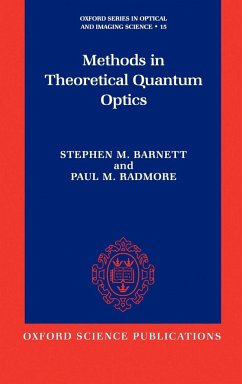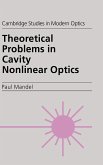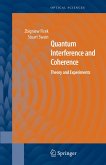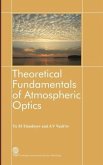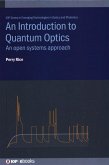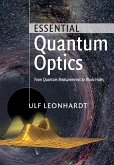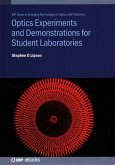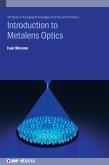This book is aimed at those readers who already have some knowledge of mathematical methods and have also been introduced to the basic ideas of quantum optics. It should be attractive to students who have already explored one of the more introductory texts, such as Loudon's "The Quantum Theory of Light" (2/e, 1983, OUP) and are seeking to acquire the mathematical skills used in real problems. This book is not primarily about the physics of quantum optics, but rather presents the mathematical methods widely used by workers in this field. There is no comparable book which covers either the range or the depth of mathematical techniques.
This work presents the mathematical methods widely used by workers in the field of quantum optics. It deals with the physical assumptions which lead to the models and approximations employed, but the text is meant to give a firm grounding in those techniques needed to derive analytical solutions to problems. Based on teachings by the authors, most of the text has been tested on students.
Hinweis: Dieser Artikel kann nur an eine deutsche Lieferadresse ausgeliefert werden.
This work presents the mathematical methods widely used by workers in the field of quantum optics. It deals with the physical assumptions which lead to the models and approximations employed, but the text is meant to give a firm grounding in those techniques needed to derive analytical solutions to problems. Based on teachings by the authors, most of the text has been tested on students.
Hinweis: Dieser Artikel kann nur an eine deutsche Lieferadresse ausgeliefert werden.

